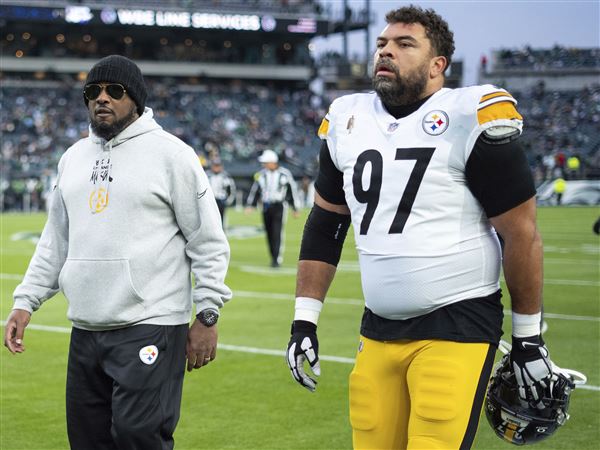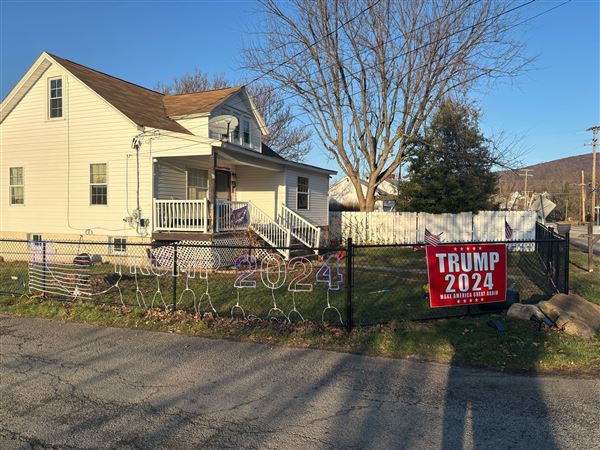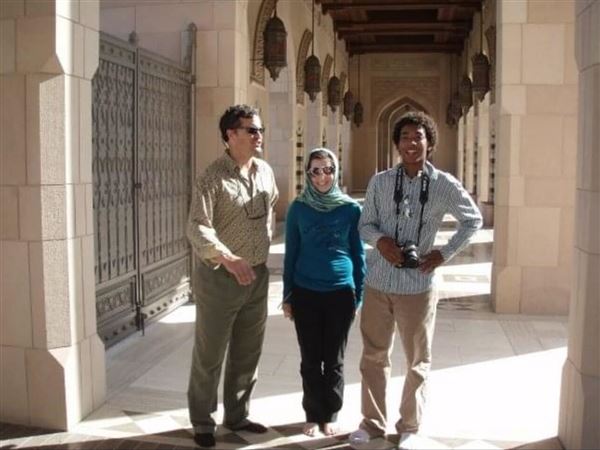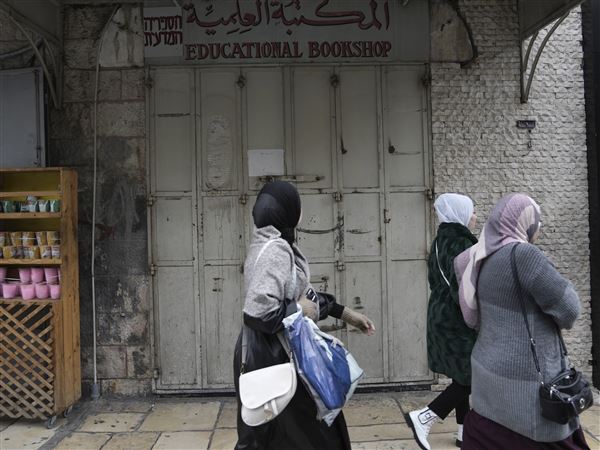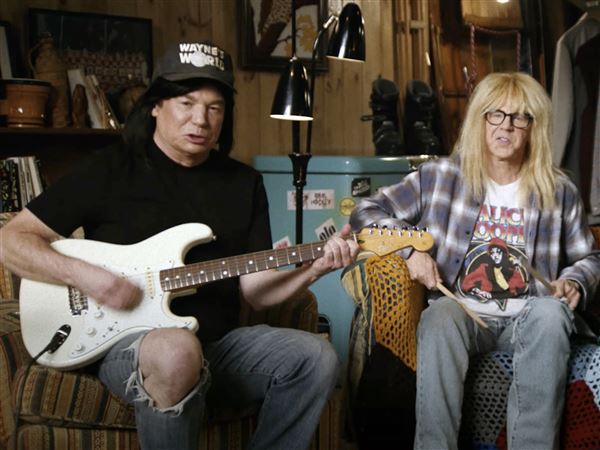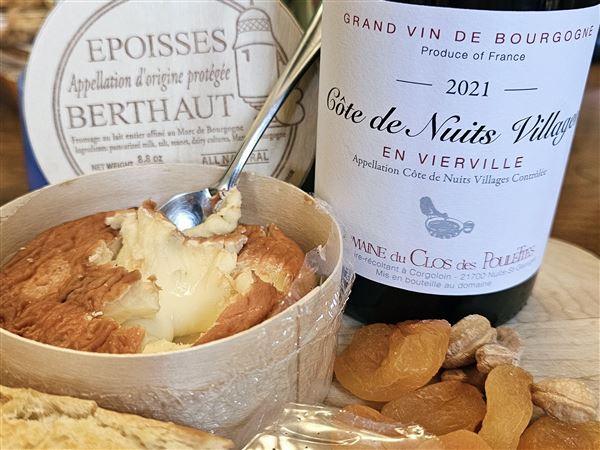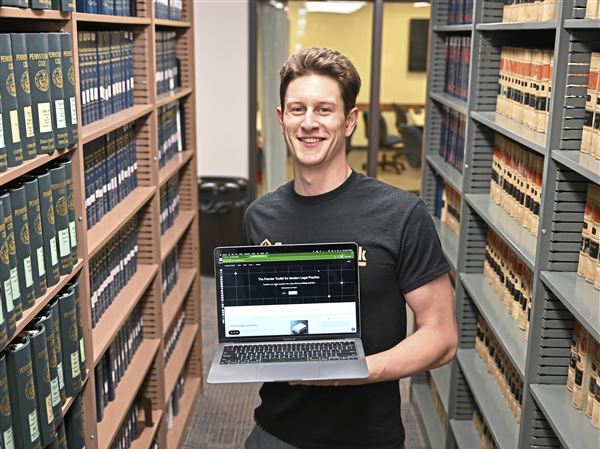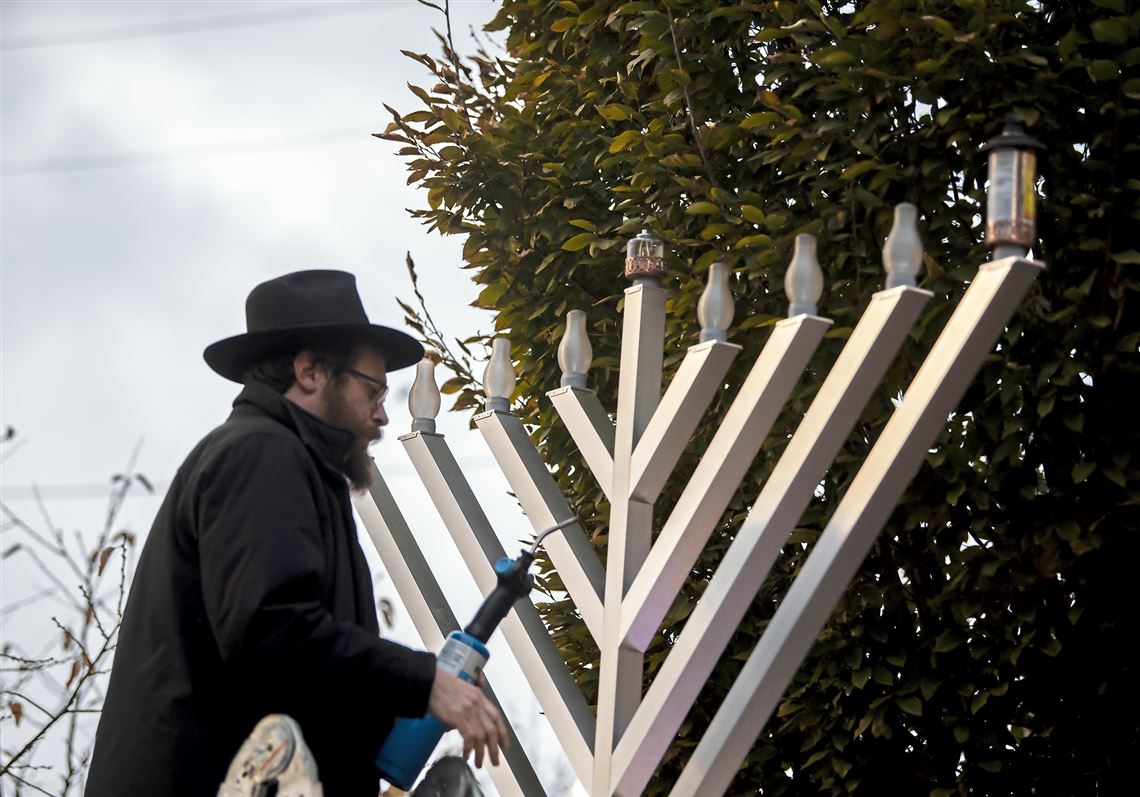As Hanukkah begins this year, I’ve been thinking a lot about its importance. Originally, Hanukkah was a minor Jewish festival, not as significant as the High Holy Days or Passover.
But as Christmas became culturally dominant and pervasive (as it still is), the gesture and need for inclusion promoted the less significant celebration into the one Jewish holiday most non-Jewish Americans can name. Still — for many Jewish people, Hanukkah is viewed as a foil to the Christian holiday, eight “crazy nights” of lighting the menorah and giving gifts.
This year, though, I’m rethinking the whole thing. There is a reason so many cultures celebrate around the Winter Solstice. It is the darkest season of the year, a time when light feels essential. And when the light is in danger, it’s crucial we fight the darkness however we can. Maybe Hanukkah and its flames deserve more credit.
In the original story of Hanukkah, the Greek Seleucid Empire, based in Syria, conquered and sacked the temple in Jerusalem circa 168 BCE. The Jewish resistance, headed by a family called the Maccabees, improbably won two big battles, sending the Syrian Greeks running home.
According to the legend, when Judah Maccabee retook the Temple, he lit the ner tamid, the “eternal light” which burned constantly as a marker of Jewish faith and dedication. He only found one jar of oil, though, and it would take eight days to procure enough to maintain the holy flame. Miraculously, the oil remained lit until more could be acquired.
Hanukkah is a time when a small group of people triumphed against the odds. The military miracle is as poignant as the flame — after all, the Jewish fighters were massively outnumbered. But they survived. And in a time when threats against safety abound, survival remains meaningful. As does the commandment of Hanukkah, to share the light.
To quote my husband, “We don’t just light menorahs; we put them near the window. We announce our Judaism. Because we’re not just here, we’re here defiantly, in spite of centuries of people trying to change that.”
In my family, we string blue lights outside, hang a wreath in blue and white colors, and buy all the cheesy Jewish stuff at Target that counts down the days till Hanukkah and announces our excitement over the holiday. Yes, some of it is to counter the dominance of Christmas, but mostly, it’s to assert the distinction of our worship and relation to the holy.
At swim class, my four-year-old son was asked how he was going to celebrate Christmas. He responded, “we don’t do Christmas, we do Hanukkah!” with joy before he jumped into the water. Being different, being in a minority, doesn’t come easy. But we wear it with pride.
The world can be dark right now. There’s a lot of pain and suffering this cold and rainy winter. For all of us. But as the Festival of Lights starts, I invite everyone to share in its glow.
This solstice, however you celebrate, do so in the brilliance and warmth of light. Because, hey, we’re all still here — surviving.
Adriana E. Ramírez is a columnist for the Pittsburgh Post-Gazette: aramirez@post-gazette.com.
First Published: December 18, 2022, 5:00 a.m.
